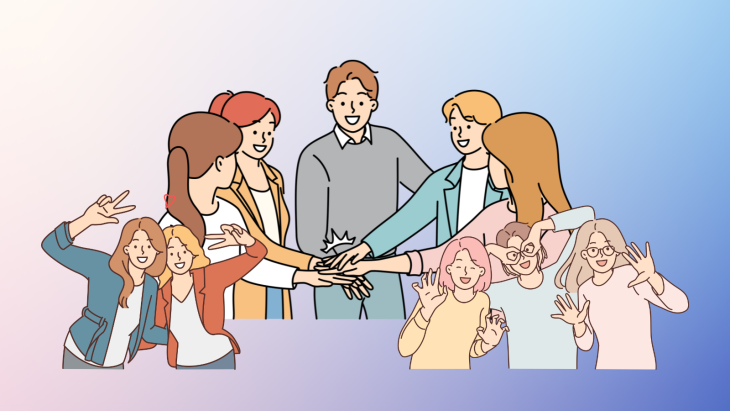Recent Posts
- I broke up with my partner, but now I am having doubts. Did I do it out of the right reasons or was I just being fearful?
- My Quick Temper Pushes People Away. What Do I Do To Manage My Anger?
- How does noise affect my mental health?
- I want to be a better problem solver. What is a step by step approach?
- Escapism. When is it healthy? When is it damaging?
Most Popular
What is the value of adult friendships and how can it benefit me?

What is the value of adult friendships and how can it benefit me?
Do your childhood friends live away from where you are now? Did becoming parents or busy work schedules lessened the time you have for friends? Have the quality and quantity of your friendships changed over the years?
If you answered yes to any of these questions, then you are not alone. Over the last several decades, people’s social connections have decreased.
Changes in friendships and connections, trends that research has found:
- Our social connections increase up until young adulthood, then it tends to decrease steadily.
- The number of our acquaintances and friendships decrease from adulthood.
- Our family connections remain the same from our teenage years up to old age.
- Age-related life events have an impact on the formation and size of our friendships and connections.
Why is there a need for friendships?
- The divorce rate in the US is nearly 50 percent.
- Life expectancy is in the 80s.
- People tend to marry later than they used to.
This may mean that people rely on social intimacy from relationships like friendships, making it more important nowadays.
Research has also found that high quality friendships in our adulthood have physical and mental benefits.
- Friendships decrease loneliness and increase happiness.
Living alone, having small social networks and having low-quality friendships are associated with loneliness. Meanwhile, pursuing and nurturing friendships into adulthood make people more satisfied with life. These friendships provide emotional support especially during hard life situations. It makes people more equipped to recover and still emotionally grow despite tough life challenges.
An analysis of 38 studies also showed that social support and companionship had protective effects against depression and anxiety.
- Friendships protect our hearts and our bodies.
Good friendships tend to prevent social isolation and loneliness, and studies have found that those with supportive networks of friends are less likely to die from chronic disease including diseases of the heart.
Another meta-analysis comprising 148 studies showed that weaker friendships decreased risk for survival, with risks similar to smoking 15 cigarettes per day and with double the risk to obesity.
Finding and building more quality friendships
- Be consistent. By making time to see your friends, you become more and more familiar with each other. You spend time with them, and increase your chance of having positive experiences with them while getting to know each other.
It may be as simple as having tea and cookies in each other’s homes, or taking a walk with them at a nearby park, but as long as it is done on a regular basis, you establish reliability.
- Share something and be vulnerable to connect at the heart level.
Due to our new life roles and responsibilities, we don’t have as much leisure time as we used to. Making the most of our time with friends can mean opening up our hearts to deeper conversations. When we ask one another more intimate questions, we feel closer to each other and we feel that our inner thoughts are seen and heard.
- Challenge negative thought patterns and just try being a good friend.
Sometimes our negative thoughts get the better of us. They stop us from making the move to invite a friend to spend time with us. We may think that maybe they dislike spending time with us. After all, it's been a long time since we saw or talked to each other. These thoughts make us feel cold or unfriendly.
How can we challenge our own negative thoughts? We can start by sharing things we are grateful for, and ask our friends about theirs. This reminds us that there is something to smile about, something happy to look forward to. We can step it up by engaging in a shared activity- a hobby, interest, or even volunteering to serve others.
As a famous quote says, “it is when we give that we receive.” Let’s be open to sharing a part of ourselves- our challenges, our joys and our journey- and may we find and build good friendships along the way!







Comments